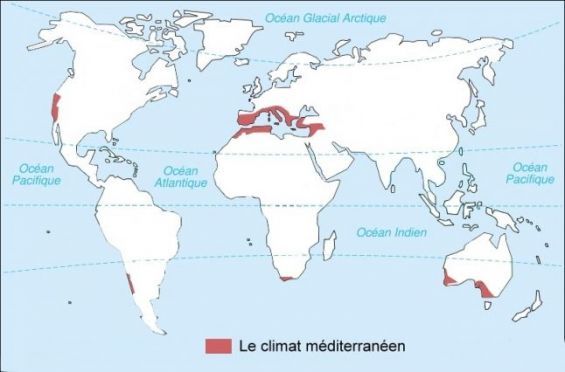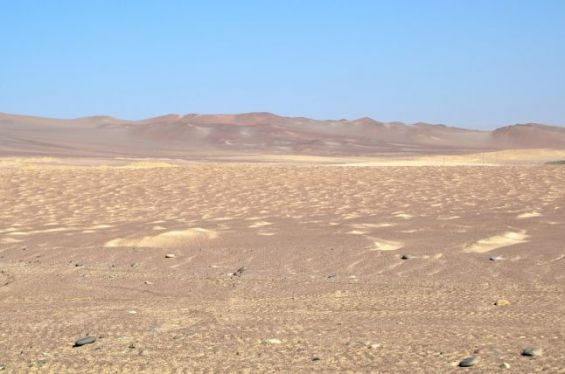The Mediterranean region, especially the Middle East and northwest Africa, is expected to see drier winter seasons in the coming decades. According to a recent study, the region will have 40% less precipitation during the winter, Science Daily reports.
Massachusetts Institute of Technology graduate student Alexandre Tuel and professor of civil and environmental engineering Elfatih Eltahir explained this trend in a study published last week in the Journal of Climate.
Tuel and Eltahir believe that while temperatures around the world are expected to virtually increase, «and in most places so will rainfall», the Mediterranean area will show «the greatest decline of projected rainfall of any landmass on Earth».
According to them, the projected drying of the Mediterranean region is due to «a change in the dynamics of upper atmosphere circulation and a reduction in the temperature difference between land and sea».
Morocco, a climate change hotspot
While the whole region is expected to witness the drying, each part of it will be impacted differently by the projections. According to the same study, Morocco is one of the countries that would be hit hard by the decrease in precipitation.
«The decrease in precipitation is most pronounced over southern Turkey to the east and over Morocco and the Iberian Peninsula to the west, away from the high pressure anomaly», the study revealed.

Most precisely, precipitation will be suppressed in the Atlas Range in Morocco, given the area’s topography.
The phenomenon has already started showing in some parts of the Mediterranean, including in Morocco, according to the researchers. «These are areas where we already detect declines in precipitation», Eltahir says.
In Morocco, Eltahir has been working with government agencies to understand the projections and work on them. «We are trying to take these projections and see what would be the impacts on availability of water», he said.
«That potentially will have a lot of impact on how Morocco plans its water resources, and also how they could develop technologies that could help them alleviate those impacts through better management of water at the field scale, or maybe through precision agriculture using higher technology», the researcher concluded.
Several previous studies have referred to the same projections, expecting countries in the region to witness drier winters in the future that could harm endangered animals.





 chargement...
chargement...













